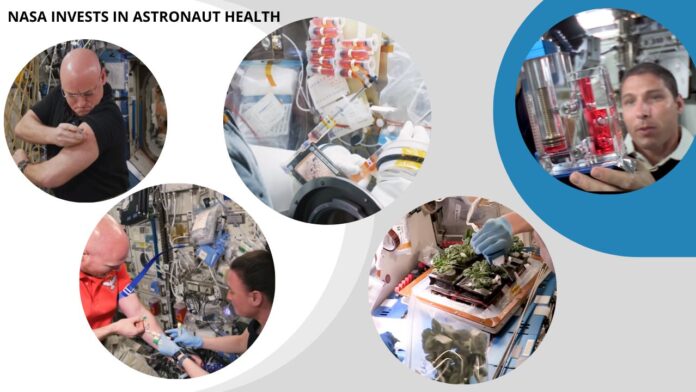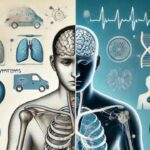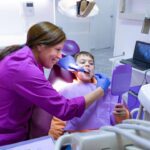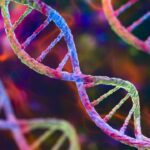NASA is investing in eight groundbreaking studies aimed at gaining a deeper understanding of how the human body reacts to spaceflight. These studies will be conducted right here on Earth, eliminating the need for samples and data from astronauts.
These research initiatives will collectively help us grasp the physiological and psychological responses that astronauts may face during the physical and mental challenges of space travel. Armed with this knowledge, NASA can enhance its ability to mitigate risks and safeguard the health and performance of astronauts on extended missions to the International Space Station, the Moon, Mars, and beyond.
The selection of these research projects followed a rigorous process. NASA received a whopping 60 proposals in response to the 2023 Human Exploration Research Opportunities, Appendix A solicitation. These projects will tackle a range of spaceflight risks, including those related to muscle and bone health, gender differences, crew autonomy and behavior, balance and disorientation, and inflammation of the brain or spinal cord.
To ensure the highest scientific quality, proposals underwent a thorough review by subject matter experts from academia, industry, and government. This double-blind peer review process assessed their scientific merit. The most outstanding proposals were then evaluated by NASA for their alignment with the agency’s Human Research Roadmap before final selections were made.
In total, these projects will receive approximately $1.2 million in funding, distributed among them. Each project will be funded for up to one year to conduct their research.
Here are the accomplished investigators and their teams who will be leading these critical studies:
-
Heather Allaway from Louisiana State University and A&M College will explore “A time course of bone microarchitectural and material property changes in male and female mice during simulated unloading and spaceflight.”
-
Kelly Crowe from Xavier University will investigate “Assessment of Sialylation in Skeletal Muscle Atrophy due to Simulated Microgravity.”
-
Anthony Lau from the College of New Jersey will examine the “Effects of Acute and Protracted Proton Radiation Exposure on Bone Health.”
-
Ranjana Mehta from Texas A&M Engineering Experiment Station will focus on “Characterizing and mitigating the interactive impacts of fatigue- and altered gravity-related stressors on sensorimotor, behavioral, and operational outcomes.”
-
Kathleen Mosier from Teamscape LLC will study “Negotiating Crew Autonomy during Space Operations.”
-
Talmo Pereira from the Salk Institute for Biological Studies will use “Automated deep learning for spaceflight rodent behavior quantification and health phenotyping.”
-
Shubhankar Suman from Georgetown University will research “Senescent cell targeting to alleviate space radiation-induced neuroinflammation.”
-
Danyal Turkoglu from Ultra Safe Nuclear Corporation – Space will work on “Radioisotope to Enable X-Ray Based Inflight Space Radiology.”
Read More: Solar Eclipse to Cross North America on Saturday
NASA’s Human Research Program (HRP) is dedicated to finding the most effective methods and technologies to ensure safe and successful human space travel. HRP conducts scientific investigations in various settings, including laboratories, Earth-based simulations, and the International Space Station, to examine how spaceflight impacts the human body and behavior. This research forms the foundation of HRP’s efforts to develop innovative approaches that maintain astronauts’ health and readiness for missions as we venture further into space, including missions to the Moon, Mars, and beyond.




![Ranking US States: From Healthiest to Least Healthy [2024 Guide] Health Rankings US States](https://articleify.com/wp-content/uploads/2024/03/Health-Rankings-US-States-218x150.jpg)









![Technical Aspects of 844 Area Code in 2024 [Detail Guide] 844 Area Code](https://articleify.com/wp-content/uploads/2024/01/844-Area-Code-150x150.jpg)














